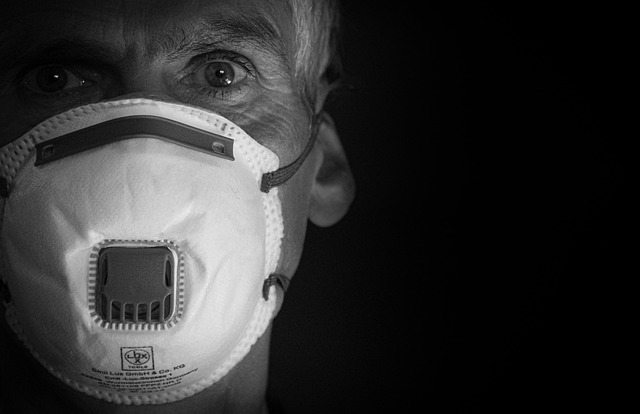The Future of Sleep Monitoring Technology
In a world that never stops moving, sleep often takes a back seat to our hectic lifestyles. Yet, the importance of quality sleep for our overall health cannot be overlooked. As we strive to optimize our well-being, sleep monitoring technology is stepping up in ways that can revolutionize how we understand and improve our sleep. This post will explore the latest technological and health innovations surrounding sleep monitors and how they’re shaping our nights into more restful experiences.
Technological Innovations in Sleep Monitoring
Sleep monitors have evolved dramatically in recent years, turning from basic devices into sophisticated health tracking systems. Today’s sleep monitoring technology integrates advanced sensors and artificial intelligence to provide deep insights into our sleep patterns. Wearable devices, such as smartwatches and fitness bands, now come equipped with sensors that track not just the duration of sleep, but also the quality, including sleep stages like deep sleep, light sleep, and REM cycles.
One of the most exciting innovations is the introduction of non-contact sleep monitors. These devices use sensors embedded in mattresses or bedside units to collect data without any uncomfortable restraints. They can measure heart rate, breathing patterns, and even body movements throughout the night, providing a comprehensive overview of your sleep health without disrupting your rest.
Moreover, sleep monitoring apps have emerged as powerful tools in the quest for better sleep. Integrated with smartphone technology, these apps offer personalized recommendations based on your sleep data, from optimal bedtime routines to environmental adjustments that can enhance sleep quality. This level of personalization allows users to feel more in control of their sleep health, leading to improved well-being.
Health Innovations Driven by Sleep Data
As we gather more data through these advanced sleep monitors, the potential for health innovations becomes increasingly remarkable. Analyzing sleep patterns can reveal not just the quality of sleep but also potential underlying health issues. For instance, irregular sleep patterns may serve as early indicators of stress, anxiety, or even more serious conditions like sleep apnea.
Health professionals are beginning to rely on data gleaned from sleep monitors to create more tailored treatment plans. For example, if a patient shows consistent disruptions in their sleep cycles, healthcare providers can address lifestyle changes, dietary adjustments, and stress management techniques that can lead to healthier sleep habits. This proactive approach to health—driven by data from sleep monitors—represents a significant shift in how we view and manage our health.
In addition, the rise of telehealth has opened new avenues for interpreting sleep data. Individuals can share their sleep patterns with healthcare providers remotely, enabling more holistic assessments and ensuring that patients receive the support they need without added stress. This enhances our understanding of how sleep impacts overall health and informs better choices for a healthier lifestyle.
As we venture into this new era of sleep monitoring technology, it is clear that the synergy between technological and health innovations is steering us towards a future where restful nights are not just a dream, but rather an achievable reality. By harnessing the power of sleep monitors, we can take charge of our health, optimize our sleep, and ultimately, upgrade our lives.




